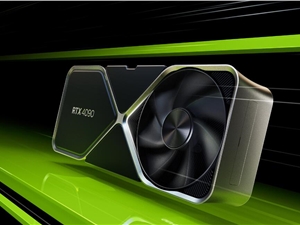Recently, the new AI video generation app Sora launched by OpenAI has exceeded 1 million downloads within a week. However, this achievement has caused strong dissatisfaction from several top Hollywood talent agencies. These companies believe that Sora's usage model poses a "serious threat" to artists and their intellectual property rights, potentially triggering widespread industry disputes.
Sora allows users to generate AI videos that include well-known brands and characters. Initially, OpenAI's "default use, opt-out if desired" policy meant that copyrighted materials could be used freely unless studios or talent agencies actively requested otherwise. In response, the Innovative Artists Agency publicly questioned whether OpenAI respects the labor of creators and whether it can arbitrarily plagiarize creative content. The company claimed that creators have the right to control the use, licensing, and remuneration of their works, and any failure to protect these rights is unacceptable.
OpenAI CEO Altman responded by stating that the severity of the issue has been recognized, and he promised to grant copyright holders "more detailed control over character generation." However, this has not calmed the industry's anger. United Talent Agency in the United States further stated that Sora's approach is not only exploitative but also disrespectful to creators. They emphasized that in an industry centered around human talent, no technology can replace the creativity of artists.
Additionally, William Morris Endeavor Agency has sent a letter to OpenAI, requesting its clients to opt out of the latest Sora update. Meanwhile, Disney has warned OpenAI, clearly stating that it does not authorize the use of any copyrighted works. The Motion Picture Association of America has also expressed concern, urging OpenAI to take immediate action to stop Sora from infringing on copyrights.
In the face of this wave of strong opposition, OpenAI stated that it will take measures to prevent the generation of videos containing well-known characters and will soon release an update that will allow copyright holders to better control the use of characters and fan creations. However, whether the industry's anger and dissatisfaction can be properly resolved remains to be seen.










